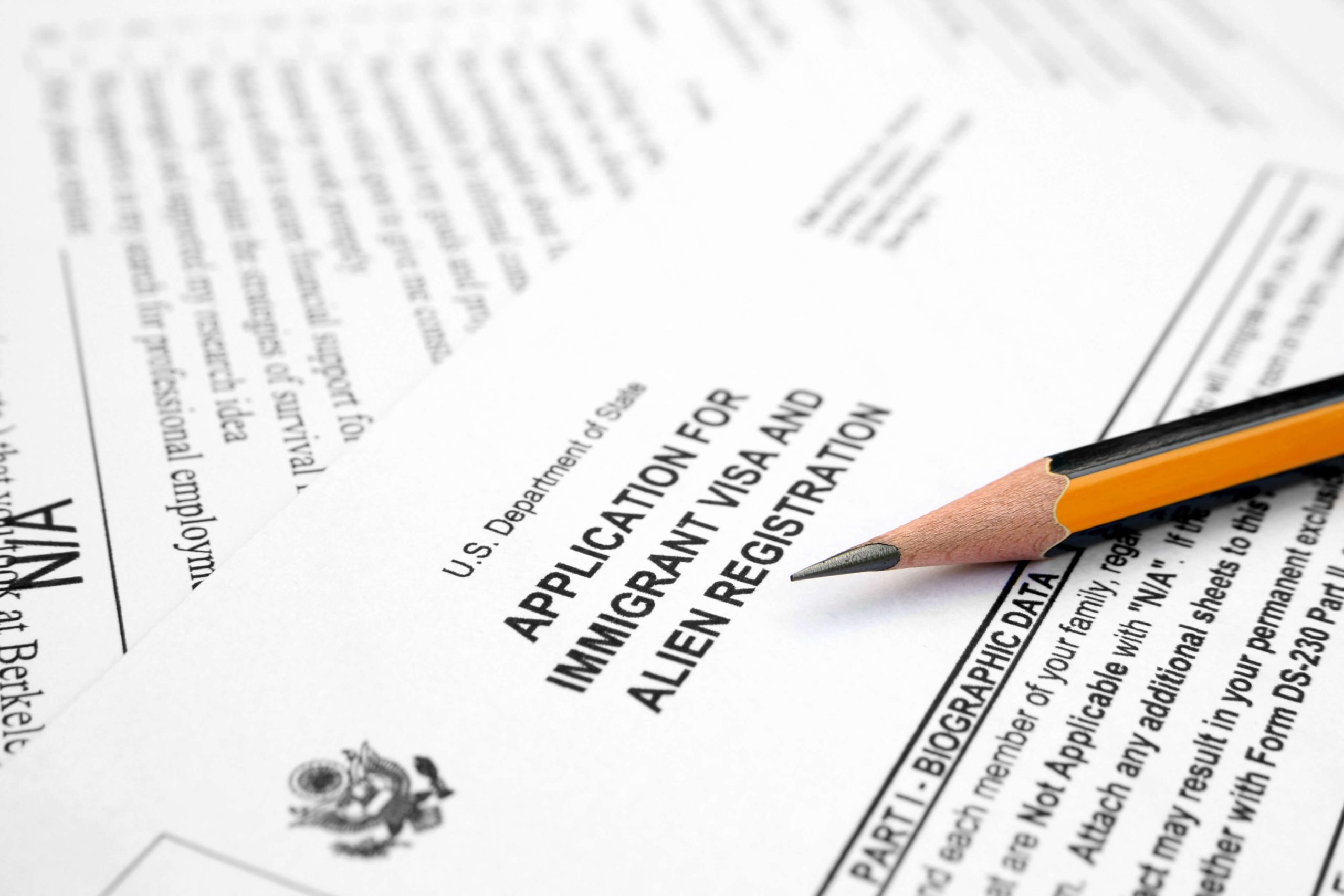Quick Hits
- USCIS issued a policy memorandum on August 15, 2025, that outlines a comprehensive approach to evaluating “good moral character” for naturalization applicants, emphasizing a holistic assessment over a mechanical checklist approach.
- USCIS officers must consider an individual’s positive attributes and contributions, such as community involvement, family responsibilities, educational attainment, and compliance with tax obligations, in good moral character determinations.
- USCIS will also scrutinize disqualifying behaviors and ensure proper rehabilitation and reformation, requiring applicants to present their full history to demonstrate alignment with community ethical standards.
USCIS explained that the new directive emphasizes a rigorous evaluation standard, moving away from a “mechanical” checklist approach to a “totality of circumstances” model. USCIS officers will now consider an individual’s positive attributes and contributions, such as “community involvement,” family responsibilities, “[e]ducational attainment,” and “[c]ompliance with tax obligations.” Similarly, greater scrutiny will be applied to behavior and actions that would disqualify an applicant from being found to be a person of good moral character. Lastly, USCIS said it “will focus greater attention on ensuring that applicants who have engaged in wrongdoing are properly rehabilitated and reformed.”
Among other eligibility factors, individuals applying for naturalization must demonstrate that they have been and continue to be individuals of good moral character. Determining whether an individual is of good moral character “involves more than a cursory mechanical review focused on the absence of wrongdoing”; “[i]t entails a holistic assessment of an [individual’s] behavior, adherence to societal norms, and positive contributions that affirmatively demonstrate good moral character,” as detailed in the memorandum.
The guidance divides behaviors or actions into three categories—“permanent bar,” “conditional bar,” and “technically lawful”—that USCIS will use in considering whether an individual is eligible for naturalization:
- “Permanent bar”: Violent crimes, such as “murder, aggravated felony, or crimes of violence.”
- “Conditional bar”: Actions such as “controlled substance violations,” [or] “two or more convictions for driving under the influence.”
- “[T]echnically lawful” behavior that may be deemed “inconsistent with civic responsibility[,] … such as reckless or habitual traffic infractions, or harassment or aggressive solicitation.”
The guidance states that “USCIS will review all available documentation and question [individuals] seeking naturalization regarding the specific circumstances of their actions to determine if a particular situation or act should bar an [individual] from naturalization.”
Key Takeaways
This new USCIS approach directs officers to take a thorough and balanced evaluation of good moral character for naturalization applicants as outlined in the memorandum. It requires consideration of positive contributions such as community involvement, family caregiving, educational attainment, and compliance with tax obligations. Additionally, it emphasizes the necessity for “genuine rehabilitation” from past wrongdoing, such as “[r]ectifying overdue child support payments” and compliance with court-imposed conditions. By implementing this approach, USCIS officers are tasked with “review[ing] the complete history” of applicants to ensure they meet the “ethical standards and expectations of [their] community.”
Ogletree Deakins’ Immigration Practice Group will continue to monitor developments and will publish updates on the Immigration blog as additional information becomes available.
Follow and Subscribe
LinkedIn | Instagram | Webinars | Podcasts






